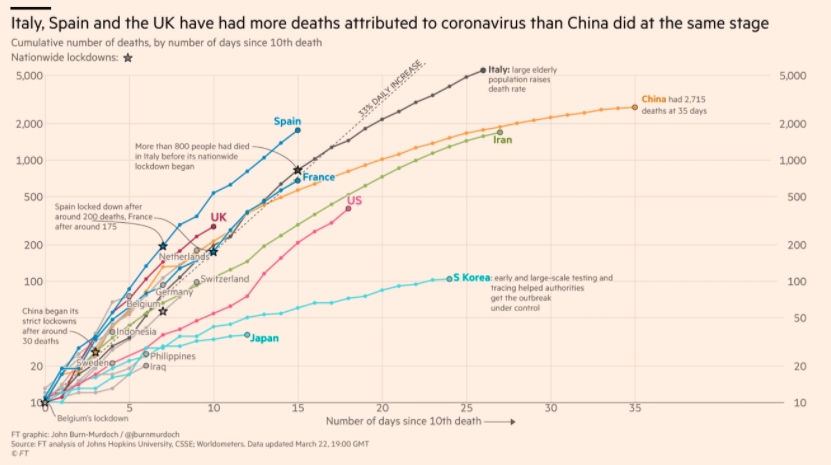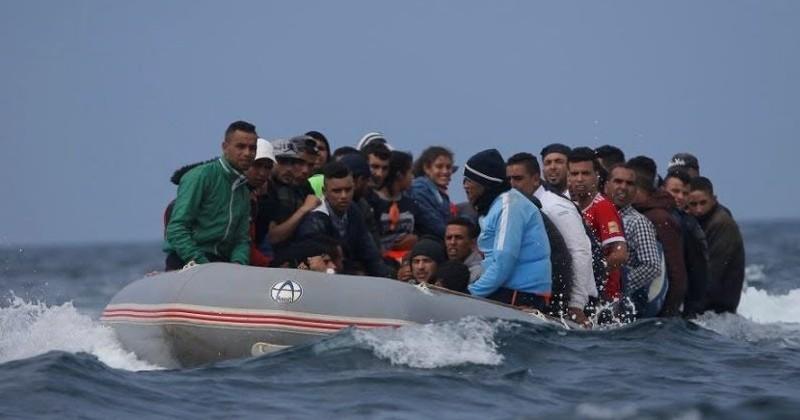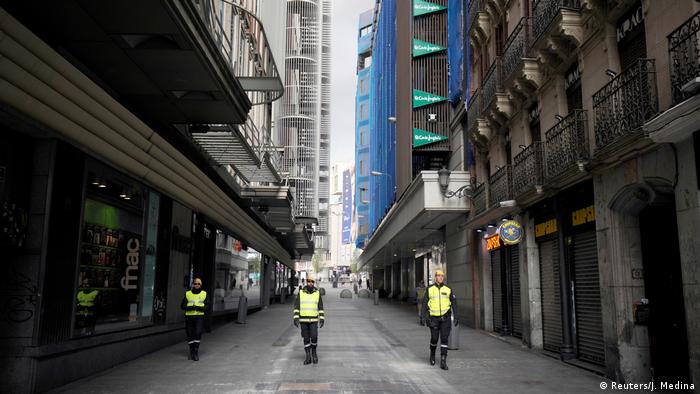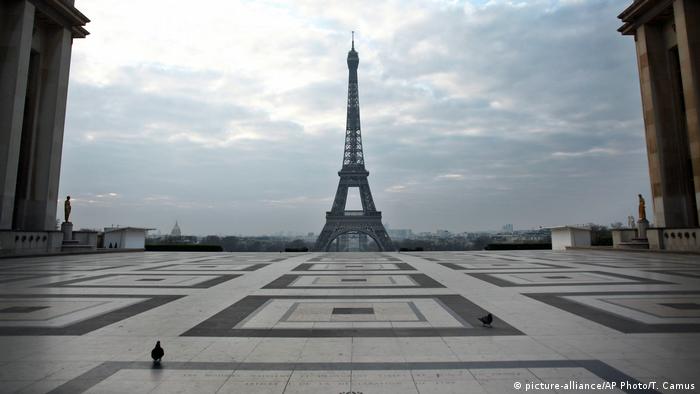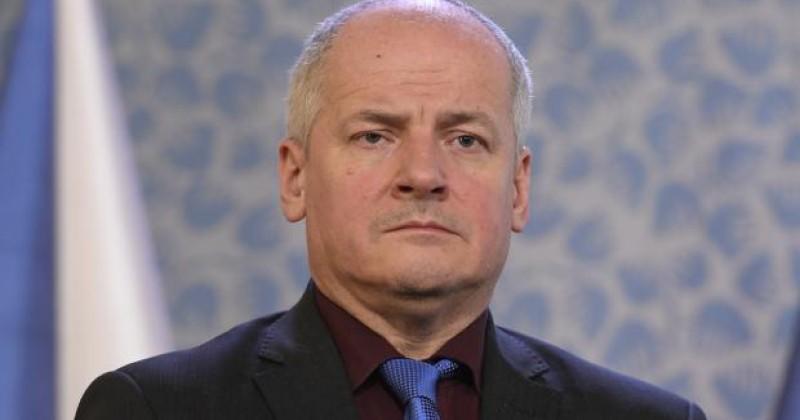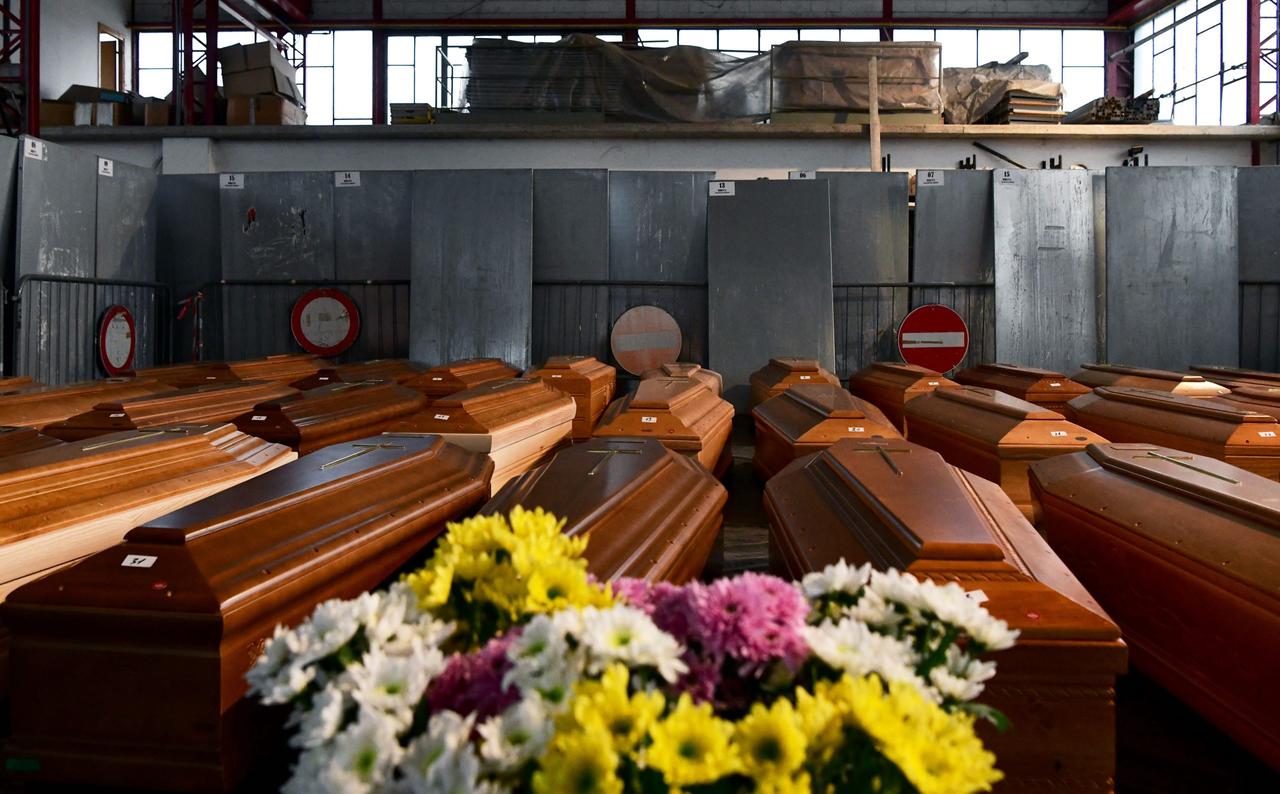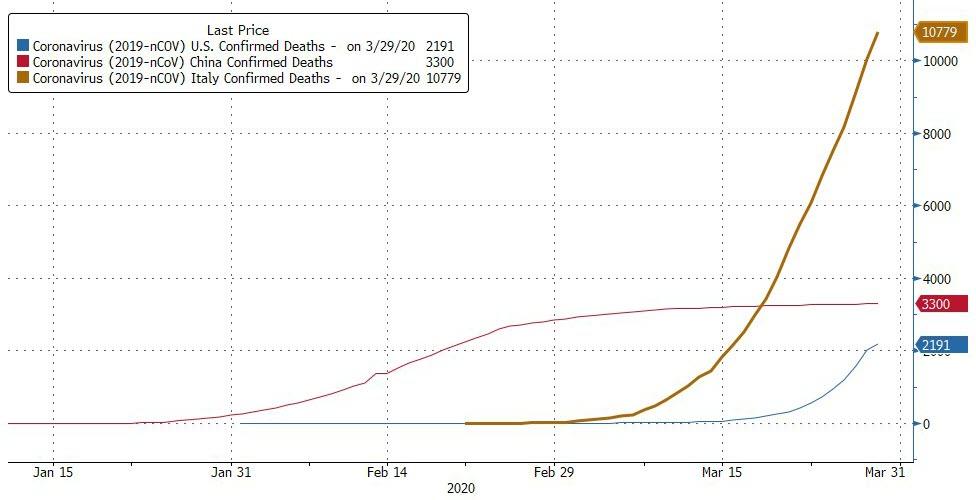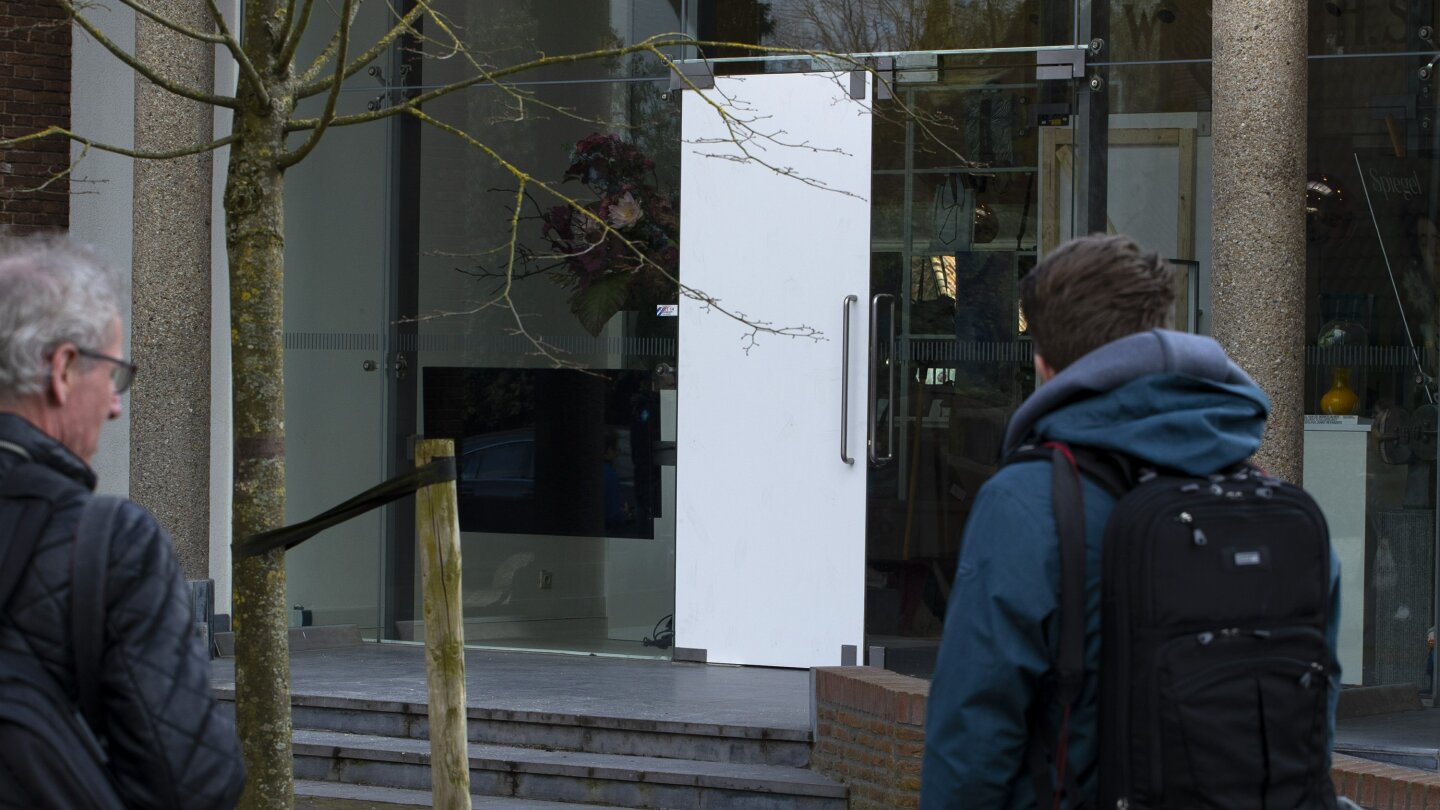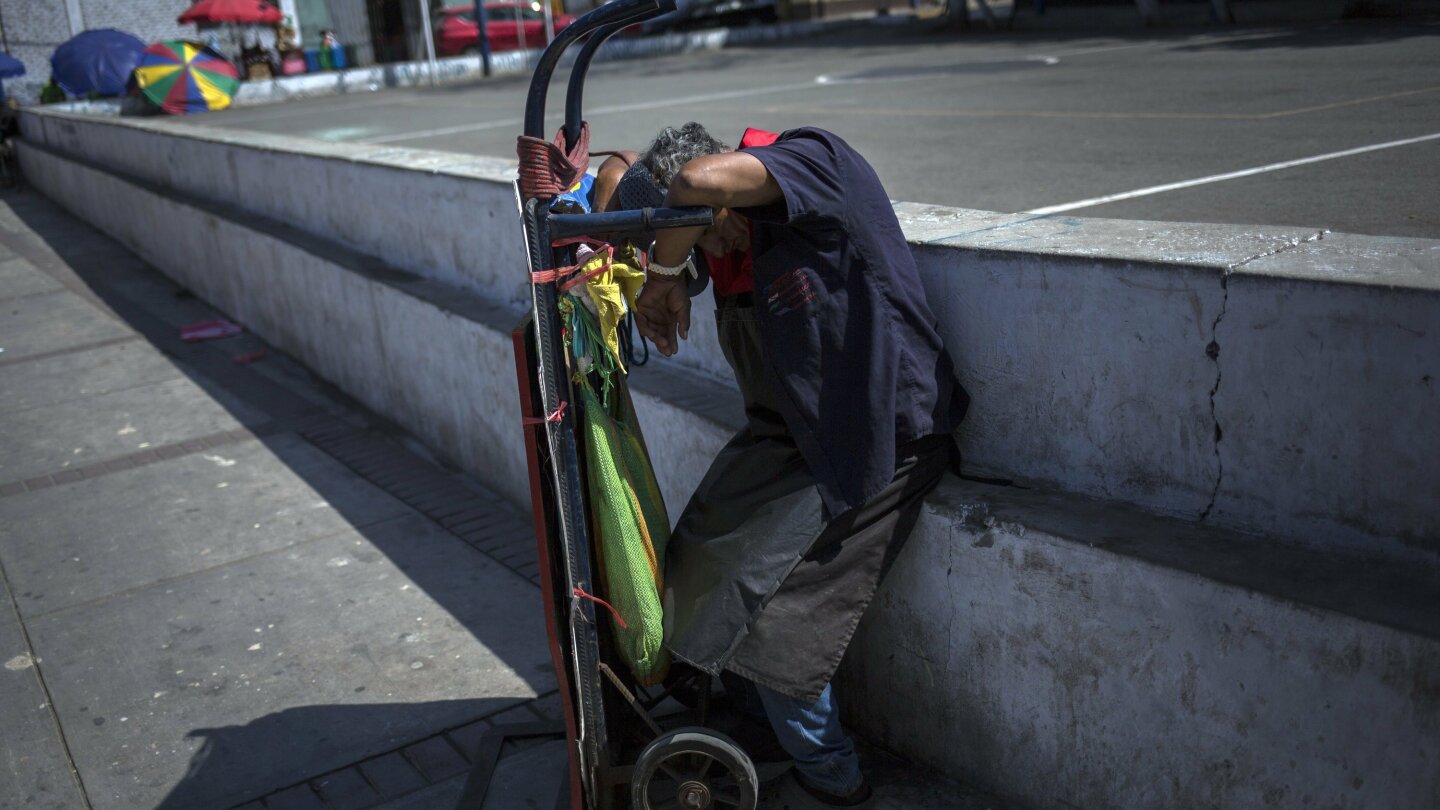Plain Jane
Just Plain Jane

France's No.1 police union threatens walkout over coronavirus protection
France's biggest police trade union has given the government an ultimatum, telling it to provide officers with the face masks and gloves they need to enforce a nationwide coronavirus lockdown - or risk its members walking off the job.
NEWS
MARCH 19, 2020 / 8:17 AM / UPDATED AN HOUR AGO
France's No.1 police union threatens walkout over coronavirus protection
Dominique Vidalon, Caroline Pailliez
4 MIN READ
PARIS (Reuters) - France’s biggest police trade union has given the government an ultimatum, telling it to provide officers with the face masks and gloves they need to enforce a nationwide coronavirus lockdown - or risk its members walking off the job.
Countries around the world are struggling to deal with the biggest public health crisis since the 1918 influenza pandemic, with medical supplies and protective gear in short supply.
France has some of the most far-reaching worker protections of any developed country, including the right to stop working if confronted by an imminent and grave threat.
The Alliance union said it was giving the government until Friday to provide enough face masks, gloves and hand sanitizer gel for its officers to use at their discretion, and not only under the orders of superiors.
“There is no reason why we should be victims of a government failure to plan,” Frederic Lagache, a senior Alliance union official told Reuters. “We want to carry out our duties to their fullest, but need to be able to guarantee our own safety.”
A second union less present among the police force, the CFDT, urged its officers to refuse tasks that put them in close contact with the public due to the lack of protective gear.
As the number of dead from the coronavirus in France hit 264 and confirmed cases spiraled above 9,000, some 100,000 police have fanned out across the country to enforce a virtual lockdown unprecedented during peacetime.
The stringent restrictions on public life permit people to leave their homes only to buy groceries, travel to work, exercise or seek medical help.
Anyone venturing outside must carry a document justifying their movement, or risk a fine. In the past 24 hours, tens of thousands of police checks had been carried out and more than 4,000 penalties issued, Castaner said.
He downplayed the risk to police, citing public health experts who insisted wearing a mask did not protect those showing no symptoms. “That goes for the police too,” he told Europe 1 radio.
The lockdown would be extended after two weeks if the pandemic remained a threat, he said.
“SHOCKING” SHORTAGES
The global economy is headed for recession as the coronavirus outbreak prompts countries in Asia, Europe and the Americas to impose border controls, instills panic in populations worldwide and disrupts global supply chains.
Carmakers Renault and Peugeot-manufacturer PSA on Thursday announced further factory suspensions, Airbus is halting work at its French and Spanish plants, and Moody’s said the pandemic was negative for French banks.
In France’s National Assembly, where the virus has sickened 18 lawmakers, a few dozen others held a downsized session to begin debating the government’s emergency measures. The lawmakers sat apart in the disinfected chamber and were asked not to touch the microphones.
Countries across Europe are desperately seeking to ramp up the production of face masks and procure ventilators, with tight supplies from Italy to Germany testing solidarity between European Union member states.
The shortages have drawn anger from doctors and nurses on the frontline in the fight to save critically ill sufferers of the coronavirus.
One nurse at the Pitie Salpetriere hospital in Paris, whose intensive care unit is fighting to keeping critically ill patients alive, told Reuters basics like masks and hand sanitizer were in short supply.
“Medics (in other wards) who do not show any symptoms are being asked to work with no protection. It’s shocking,” the nurse said, requesting anonymity because she is not authorized to talk publicly.
Reporting by Dominique Vidalon, Caroline Pailliez and Matthias Blamont; Writing by Richard Lough; Editing by Mathieu Rosemain and Raissa Kasolowsky
Our Standards:The Thomson Reuters Trust Principles.






